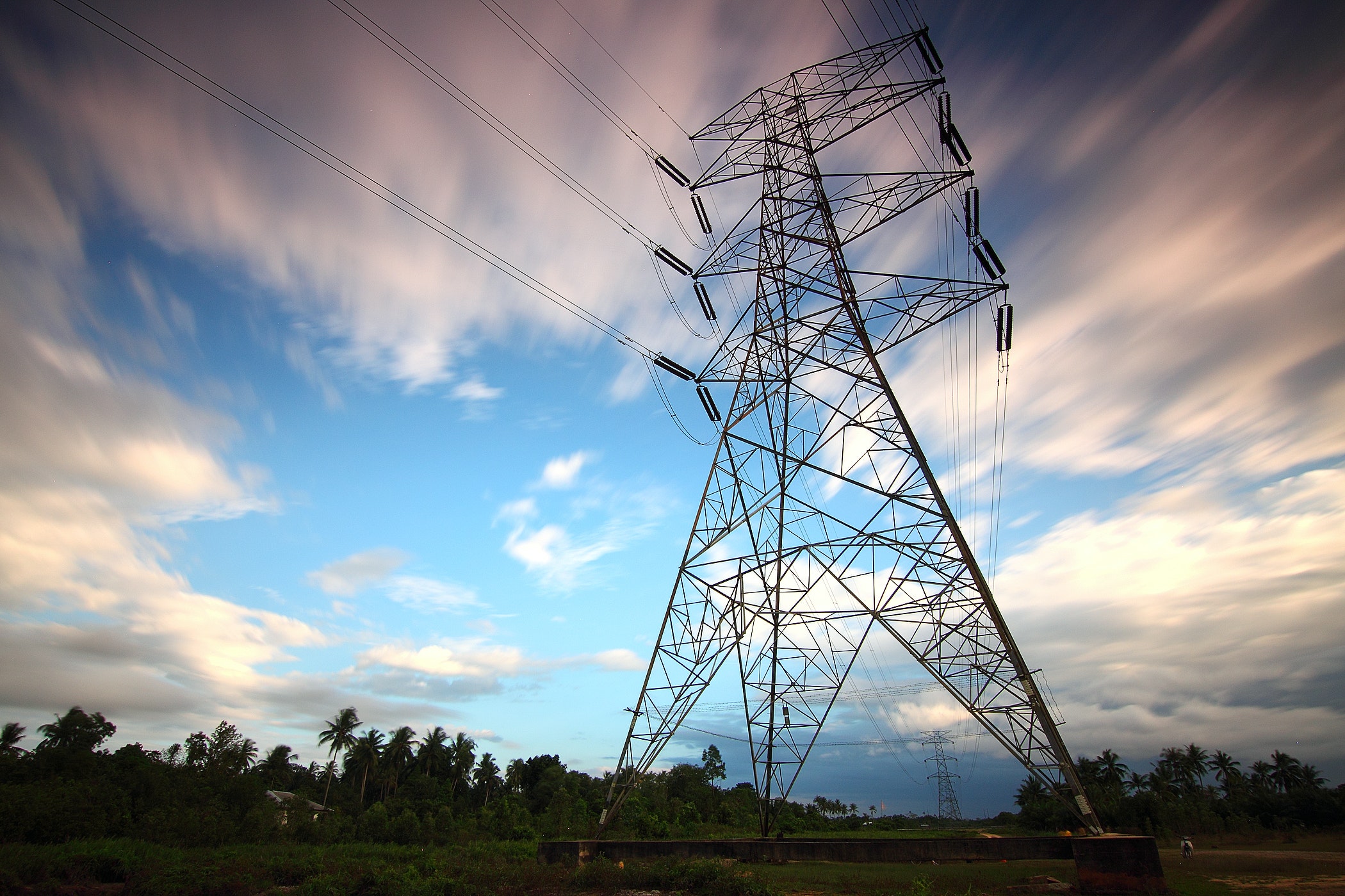
European factories are going under because of crippling energy prices, according to the liberal US paper.Continue reading

It is clearer than ever, as has also been reported in the New York Times, that the energy crisis in Europe is due to sanctions, the smaller Hungarian government party KDNP’s parliamentary group spokesperson said in a video statement sent to MTI on Saturday.
Lőrinc Nacsa cited a recent report in The New York Times as an example, which said that high energy prices are hitting Europe like a whip, paralyzing industry and causing a serious competitive disadvantage for the continent. The article also pointed out that thousands of workers could be sent on forced leave.
As the Hungarian politician points out, The New York Times says that although the sanctions should have punished Russia, they are actually hurting Europe more. Nacsa added that protests across Europe are calling for sanctions to be eased, as more and more people are coming to the same conclusion as Hungarians, nearly two-thirds of whom oppose energy sanctions.
Let’s not forget that Brussels promised that sanctions would be effective, bring peace, and not hurt Europe. We have heard this many times before, but unfortunately we are seeing the opposite again,”
the spokesperson said. Brussels must therefore review the sanctions before it is too late, because if they are not changed, the consequences could be disastrous, Nacsa added.
Meanwhile, the Hungarian government is expected to launch a national consultation on EU energy sanctions in the near future. This is unique in Europe, as Fidesz group leader Máté Kocsis pointed out that so far, no country has consulted the public on sanctions. The government generally likes to ask citizens’ opinions on policies they consider important. The consultation on sanctions could be the 12th in a series of consultations, with Hungary having previously consulted on family policy, immigration, and the Covid-19 pandemic.
In the international political arena, Hungary is not the only one who believes that sanctions are doing more harm to Europe than to Russia. Besides The New York Times, The Wall Street Journal has also reported that the big loser of sanctions is the European economy, which is suffering damage that could last forever.
Meanwhile, however, the US economy could be a winner as more and more European companies relocate to the United States, where energy prices are more predictable and government subsidies are substantial.
Not long ago, Forbes also reported that the energy crisis will only get worse as a result of sanctions, while European governments are trying to impose price caps on a lot of products as part of a “desperate attempt.” The article says that sanctions lead to shortages, shortages lead to higher prices, and higher prices lead to more shortages. “Unless and until policymakers in the western world take a step back and recognize their policies are the source of the problem, the crisis will only grow worse from here,” the article’s author concludes.
Meanwhile, the energy crisis is being felt by the people of Europe, with more of them taking to the streets. In the Czech Republic in early September, 70,000 people demonstrated against skyrocketing energy bills and demanded that sanctions against Russia be lifted. In Brussels, around 10,000 people marched recently in response to calls from the three main interest groups for immediate government action on the livelihoods crisis. A general strike in Belgium is also planned for November.
Belgium and the Czech Republic are just two of several countries where people are planning to mobilize in protest over the energy crisis. There have been earlier demonstrations in Austria and Greece, and in Germany there are reports of demonstrations planned for early October.
Featured photo via Pexels